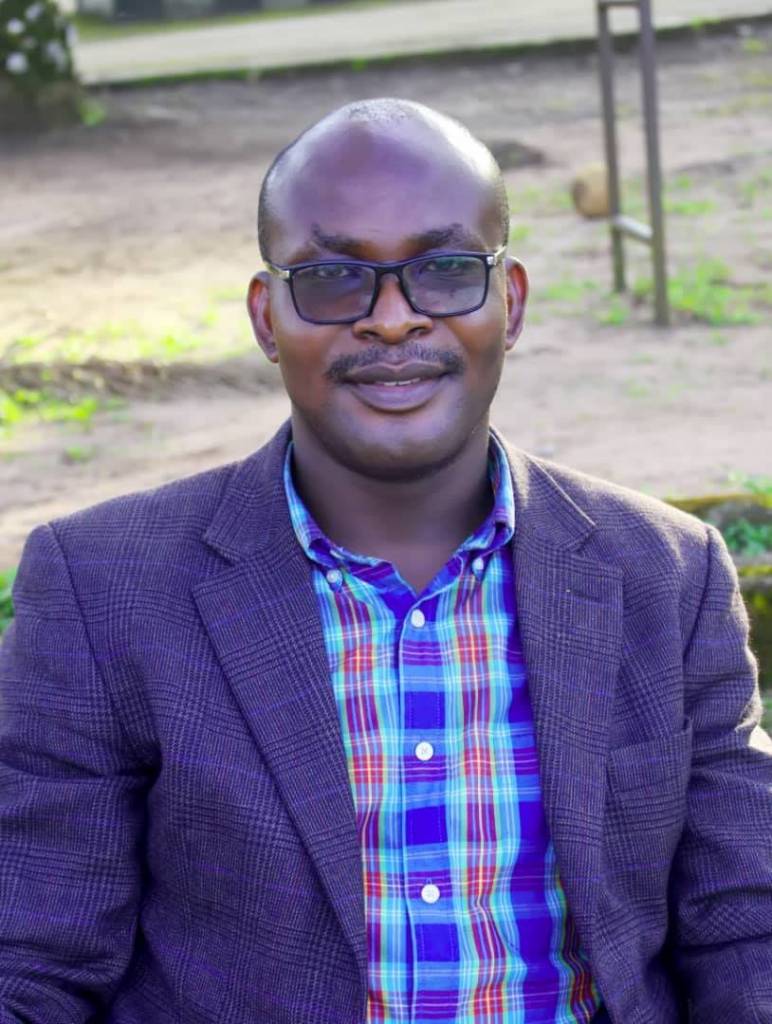Sunday, July 28, 2024
Seventeenth Sunday in Ordinary Time Year B
First Reading: 2 Kings 4: 42-44
Responsorial Psalm: Psalm 145
Second reading: Ephesians 4: 1-6
Gospel: John 6: 1-15
The Liturgy for the 17th Sunday of Ordinary Time Year B calls us to faith in Jesus who like the Good Shepherd nourishes us and provides all our needs.
In the first reading from 2 Kings, we read about Elisha’s miracle of multiplication of loaves. Elisha ordered his servant to give twenty loaves of barley bread to a hundred men. His servant objected, “How can I set this before a hundred men.” But Elisha repeats his command and says, “For thus says the Lord: ‘they shall eat and there shall be some left over.’” The servant obeys, and when they had eaten, there was some left over. This way, the prophet Elisha fed one hundred men from twenty barley loaves and there was some left over. This miracle of abundance shows God’s ability to provide abundantly, even when resources seem insufficient. It emphasizes God’s power to multiply what is offered to Him. This miraculous feeding foreshadows Christ’s miraculous feeding of five thousand in the Gospel and points to the Eucharistic bread in which Jesus offers himself as the Bread of Life.
When Jesus feeds the five thousand men with only five loaves of barley bread and two fish, and there were leftover: twelve full baskets of bread scraps, he reveals to us that a prophet greater than prophet Elisha has come among us. Whatever happened in the Old Testament was meant to serve as a sign of better things in the New, and the gifts the Messiah brings to mankind are far more superior and abundant than anything found in the Old Testament. Elisha fed a hundred men with twenty loaves; Jesus fed five thousand with just five loaves. He reveals his identity with the Lord who provides all our needs in often unexpected ways. He is the embodiment of God’s provision for His people.
The initial skepticism of the servant of Elisha parallels that of Jesus’ disciples. The servant of Elisha objected, “How can I set this before a hundred people?” Jesus said to Philip, “Where can we buy enough food for them to eat?” and Philip responded, “Two hundred days’ wages worth of food would not be enough for each of them to have a little.” Against the backdrop of a boy who has five barley loaves and two fish, Andrew questioned, “but what are these for so many?” These responses highlight the obvious truth that this is something impossible to do from the human perspective. In both the multiplication of loaves, God is the key ingredient in the multiplication formula. This miraculous multiplication continues to happen when we refuse to look at our inadequacies, our littleness, and lack and have faith in God’s power to multiply what is offered to Him, when we resist the temptation to be selfish and obey the Lord’s command to share the little we have with others, trusting that God will provide all our needs. How often do we feel inadequate to meet a need? Our willingness to give whatever we have, no matter how insignificant it may seem, can lead us to experience great things. God is asking us to trust Him despite our limited resources.
“When the people saw the sign which he had done, they said, ‘This is indeed the prophet who is to come into the world.’” In the first century Judaism, “The Prophet” is not just any prophet, it is the prophet like Moses. It is a direct reference to Deuteronomy 18: 18, the Lord said to Moses, “I will raise up for them a prophet like you from among their brethren, and I will put my words in his month, and he shall speak to them all that I command him.” When the prophet who is to come into the world comes, he will be a new and greater Moses. Moses gave the multitude miraculous bread from heaven in the wilderness. The Prophet who is to come will do what Moses did and lead them to something far greater than the slavery in Egypt. So, when Jesus performs the miracle of multiplication of bread and fed the five thousand, they saw in the sign, that He is the new Moses, the one who is to come into the world. He is the Shepherd King, who will nourish the life of his people as the Responsorial Psalm says, “The hand of the Lord feeds us; He answers all our needs.”
Finally, when all had eaten to their satisfaction, Jesus said to his disciples, “Gather all the fragments left over, so that nothing is wasted.” In doing this he teaches us an important lesson in responsible stewardship. God’s gifts, no matter how small, cannot be wasted. Everything has to be accounted for. He also demonstrates God’s care for creation and His desire that nothing be lost. God cares for even the smallest details of life. He teaches us that we must care for one another and ensure that not even the least one of us is left behind. As a symbol of the Eucharist, it shows how we must take care that not even a tiny particle is lost. The symbolism of twelve reinforces his messianic identity as the king who will reconstitute the new people of God, which has found its fulfillment in the Church.
Happy Sunday,

Fr. Chidi Onwuka, m.ss.cc.

Generosity is of essence in our relationship with God and our neighbours. We must also remember that man’s Generosity ( no matter how large-hearted ) is so infinitesimal compared to God’s.
We must all ask for God’s grace to do the planting, while God gives the Increase, Amen.